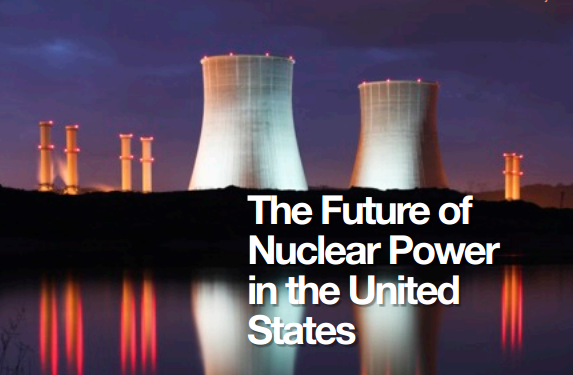
The Future of Nuclear Power in the United States
In the wake of the devastating meltdown at the Fukushima Daiichi Nuclear Power Plant in Japan, many Americans are now reevaluating the costs and benefits of nuclear energy. If anything, the accident underscores that constant vigilance is needed to ensure nuclear safety.
Policymakers and the public need more guidance about where nuclear power in the United States appears to be headed in light of the economic hurdles confronting construction of nuclear power plants, aging reactors, and a graying workforce, according to a report (PDF) by the Federation of American Scientists (FAS) and Washington and Lee University.
The Federation of American Scientists supports the Critical Materials Future Act and the Unearth Innovation Act.
The Trump administration has an opportunity to supercharge American energy dominance through MESC, but they must come together with Congressional leaders to permanently establish MESC and its mission.
DOE is already very well set up to pursue an energy dominance agenda for America. There’s simply no need to waste time conducting a large-scale agency reorganization.
BLM’s right-of-way application materials should require applicants to address how solar arrays will be planned, designed, and operated to support traditional ranching practices and surrounding rural economies.